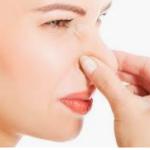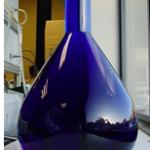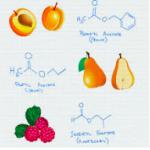Note: This article is republished with permission from the
Chemicals & Chemistry
Toxicology, the study of poisons, is often thought of as a new discipline. It’s not. It has been around as long as people have been trying out different types of food, and using the occasional poisonous plant, or animal, to dispatch a rival.
Chemical phobia is a prevalent theme in today’s social media, and chemicals often written up in mainstream news outlets in negative terms. But have you ever stopped to think about the sources of this information? How many of the source
Taste is subjective. So is smell. But when the headline in the January 22, 2013 issue of The Mirror reads:
There are about 20 million known organic chemicals, so it should not be at all s
Contrary to populist dogma, with rare exceptions, chemicals do not accumulate in our bodies.
Organic chemicals can be divided into broad categories – let's call them "flavors" – based on what functional groups they possess.
One would think that the FDA's issuance of the CLARITY-BPA Core Study, a two-year exhaustive examination of the effects of the plastic component bispheno
It's not a secret that the average person is scientifically illiterate. The question is, "Just how scientifically illiterate?" The answer is appalling.
Alliance for Risk Assessment (ARA) Presents: Beyond Science and Decisions: from Problem Formulation to Comprehensive Risk Assessment












